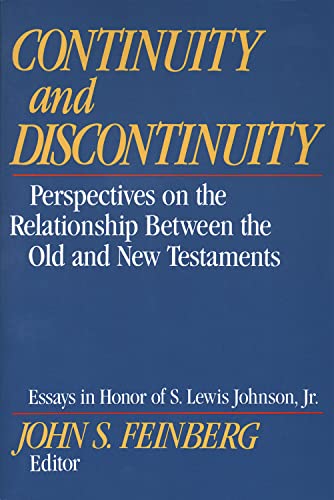Ascribe to the Lord. Biblical and other studies in memory of Peter C. Craigie
Written by Lyle Eslinger and Glen Taylor (eds.) Reviewed By Mike ButterworthThis large Festschrift contains articles in English, French and German, in the proportions indicated, in the fields of: Ancient Near Eastern Studies (4+2+0); ‘Ugaritic and Biblical Studies’ (6+1+1); and ‘Biblical and Theological Studies’ (19+1+0); together with an academic biography of P. C. Craigie, a brief tribute to him, and a list of his writings.
The essays vary greatly in subject matter, theological position, and plausibility. Kenneth Kitchen describes the ‘hibernation’ (non-occurrence for long periods of time) of the word for ‘bedspread’. Alan Millard writes about ‘Og’s bed [a bed adorned with iron, dating from a time when iron was highly prized] and other ancient ironmongery’. Johannes De Moor argues that the ‘sting’ of death is derived from a Canaanite concept, and that to understand this gives new point to 1 Corinthians 15: the sinister helper of Death has now been put out of commission. W. G. E. Watson lists some word pairs found in two or more ancient Semitic languages (e.g. Ugaritic and Hebrew). Walter Aufrecht examines linear genealogies and finds them to be based on ‘an oral pattern similar to that … in contemporary pre-literate societies’. Graeme Auld contributes a stimulating and personal essay which tackles questions of authorship, canon and authority. Michael DeRoche gives us a useful discussion of the meaning of the ‘spirit (not wind) of God’ in Genesis 1:2c, which expresses ‘his control over the cosmos, and his ability to impose his will upon it’.
Eugene Coombs gives a ‘close reading’ of Genesis 1–5 (which seems to me to attribute a spurious significance to all sorts of incidental details) and concludes that there is a discrepancy between events and their interpretation throughout these chapters, and that Lamech was wrong in thinking that Yahweh had cursed the ground. C. M. Foley provides a literary reading of Psalm 23, which seems to be entirely subjective, and largely fanciful. Lyle Eslinger makes some astonishing comments about various matters, including Yahweh’s deceitfulness, in 1 Samuel. John C. L. Gibson has an interesting (but, to me, unconvincing) article about Job 40–41: behemoth and leviathan are mythical beasts, and these chapters do offer a reason for Job’s suffering. Robert Polzin wades into the difficulties of 1 Samuel 11:1–15, observes some interesting features, and comes out with the conviction that this chapter is uncomplimentary towards Samuel and ‘actually implicates him in the people’s royal sin’.
The volume is a worthy tribute to Peter Craigie, whose teaching and writing has been so much appreciated. There is something here for everyone. Evangelicals will find plenty to benefit from, and plenty to disagree with.
Mike Butterworth
Principal, St Albans and Oxford Ministry Course







